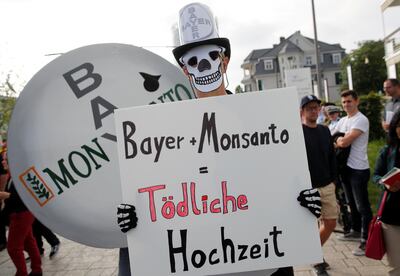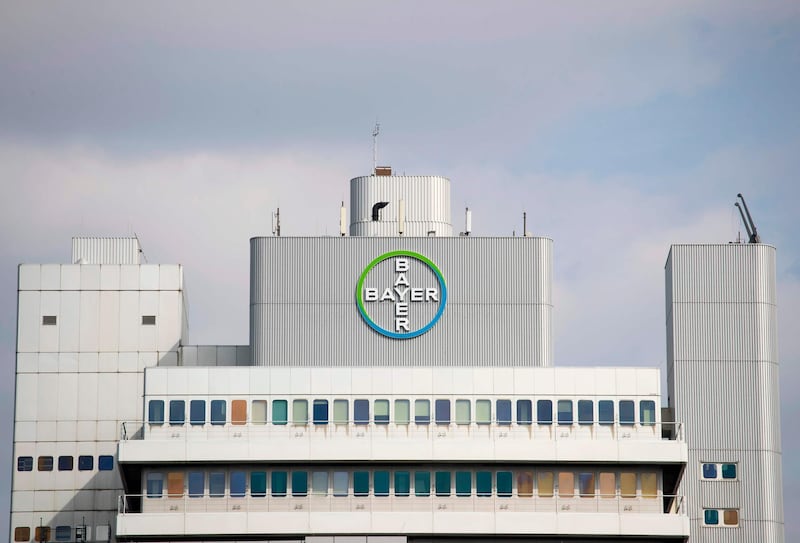Bayer, Germany's largest drug maker, said it had contained a cyber attack on its computer networks it believes was hatched in China, highlighting the risk to big business of data theft and disruption.
Bayer found the infectious software early last year, covertly monitored and analysed it until the end of last month and then cleared the threat from its systems, the company said on Thursday.
"There is no evidence of data theft," the firm said, although a spokesman added that the overall damage was still being assessed and that German state prosecutors had launched an investigation, according to Reuters.
"This type of attack points towards the 'Wicked Panda' group in China, according to security experts," the spokesman said, citing DCSO, a cyber security group set up by Bayer in 2015 with German partners Allianz, BASF and Volkswagen.
Bayer said the infection also bore the hallmarks of a hacker group known as Winnti, an umbrella term for groups that are believed to include Wicked Panda.
Third-party personal data was also not compromised, the spokesman said.
Bayer, the world's largest agricultural supplies company thanks to its takeover of Monsanto, said it could not determine exactly when the incident started.
Winnti attacked computer systems at German technology group ThyssenKrupp in 2016, according to media reports at the time.
Manufacturing groups across the globe are expanding their data networks, as sensors, processing chips and analytical tools become more advanced and cheaper.
Germany has experienced a big increase in the number of security incidents hitting critical infrastructure such as power grids and water suppliers, the country's cybersecurity agency said in February.
German broadcasters BR and NDR initially reported the incident, which further pressures the embattled company.
Earlier this week the company mounted a campaign to reassure staff and shareholders that it can contain fallout over its newly acquired weedkiller Roundup, even as an advisory group urged investors to protest management’s actions and pay.
Chief executive Werner Baumann held a conference call with employees around the world on Monday, assuring them that the 155-year-old company will weather the challenge despite a second loss in US courts, according to sources. Investor trust in Mr Baumann is slipping, with proxy adviser Glass Lewis & Co questioning his bonus and urging a vote of no confidence in him and other executives at Bayer’s annual meeting later this month.
Pharmaceuticals chief Stefan Oelrich held a similar conference call on Tuesday focusing on strategic priorities, said the sources. Other divisional managers also conducted briefings, according to one of the sources.

The internal damage-control initiative comes as Mr Baumann prepares for the April 26 meeting of shareholders angry at how the company’s fortunes have faltered since it completed the $63 billion acquisition of Roundup owner Monsanto last June. The shares have dropped about 40 per cent since then, wiping out more than $39bn in market value.
A Bayer representative declined to comment on internal communication. The company has repeatedly said it will defend Roundup vigorously and that scientific studies have shown its key ingredient, a chemical called glyphosate, to be safe.
More than 11,200 lawsuits in the US seek to link the herbicide to cancer.







